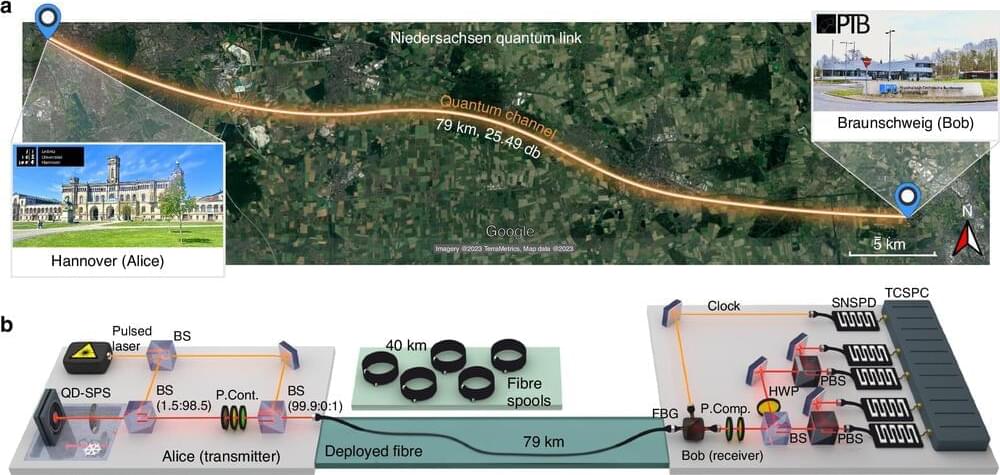Here’s my new Opinion article for Newsweek on brainwave technology and AI. Check it out!
Historically, our greatest strength is our biological form, tested and evolved over millions of years. Instead of spending resources searching for ways to connect technology directly to our minds, we could find ways to use technology to protect our biological thoughts and proclivity. That might mean faraday cages around our brains that no super intelligent AIs signals could crack—as well as encryption where our code perpetually changes randomly.
Another way to protect against AI is for humans to become like bugs—a concept recently explored in the Netflix series 3 Body Problem. Companies are already working on trying to scan the brain—down to its atoms—in real time. Eventually, the hope is we’ll be able to upload our consciousnesses into computers. There’s open debate whether an upload is the real you. But for purposes of protecting ourselves against AI, another important question is how many uploads of you would there be? If AI was inundated with trillions upon trillions of uploaded human minds, it’s possible, like bugs, AI would never win a battle to get rid all of us, even if it wanted to. There would simply be too many of us in the cloud, even if there was just one of us in the flesh.
Another way to outsmart AI might be to utilize brainwave technology so that human minds are interconnected. Some scientists call this the hive mind, and it could be possible in the future to obtain millions of minds in sync without the use of AI. AI might be able to corrupt the method of human hive mind communication, but it’s still another way we could attempt to remain as intelligent as AI. After all, if you could harness a billion minds together, who knows how smart we could be?
It is unclear if any of these options are going to outsmart AI in the 100-year-future. But a mindset change in the age of AI is needed for brainwave tech. And that is not one of rushing to develop the latest tech out there, but rushing to innovate ways that brainwave tech can protect ourselves from AI.









